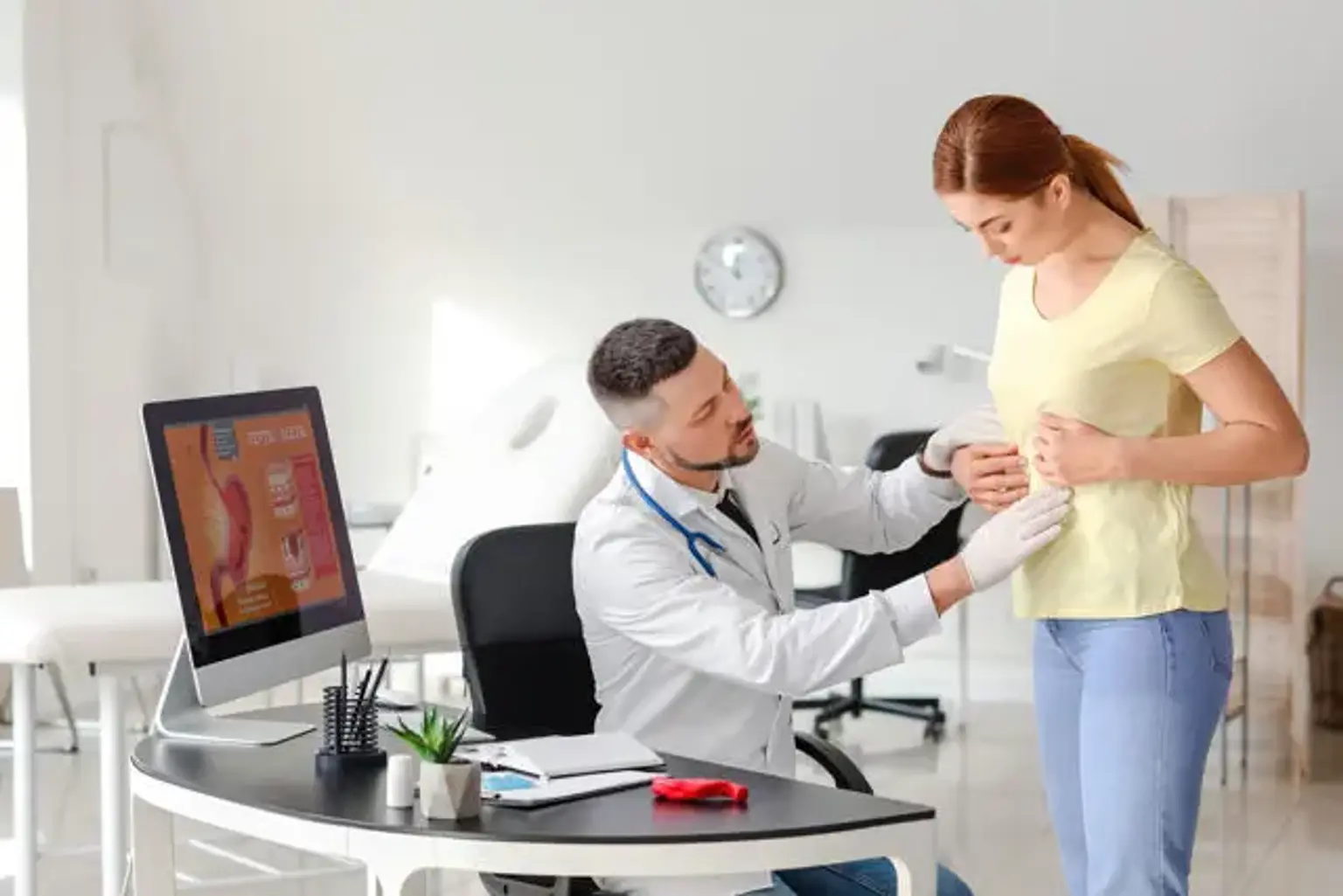The stomach wall's membranes protect it from acid and bacteria. This protective coating might become inflamed if it is irritated or injured. Long-term inflammations can cause more damage to the stomach lining and eventually lead to stomach (gastric) ulcers.
Gastritis is among the common diseases of the stomach in the general population. Although this condition is sometimes regarded as “a simple stomach ache” and ignored, it may lead to serious problems. If your gastritis becomes chronic and the membrane lining is always damaged, you may become anemic as well. Cancerous tumors can form, however this is extremely rare.
Epidemiology
Epidemiologic studies show that gastritis is very common. It accounts for around 1.8-2.1 million visits to doctors' offices in the United States each year.
